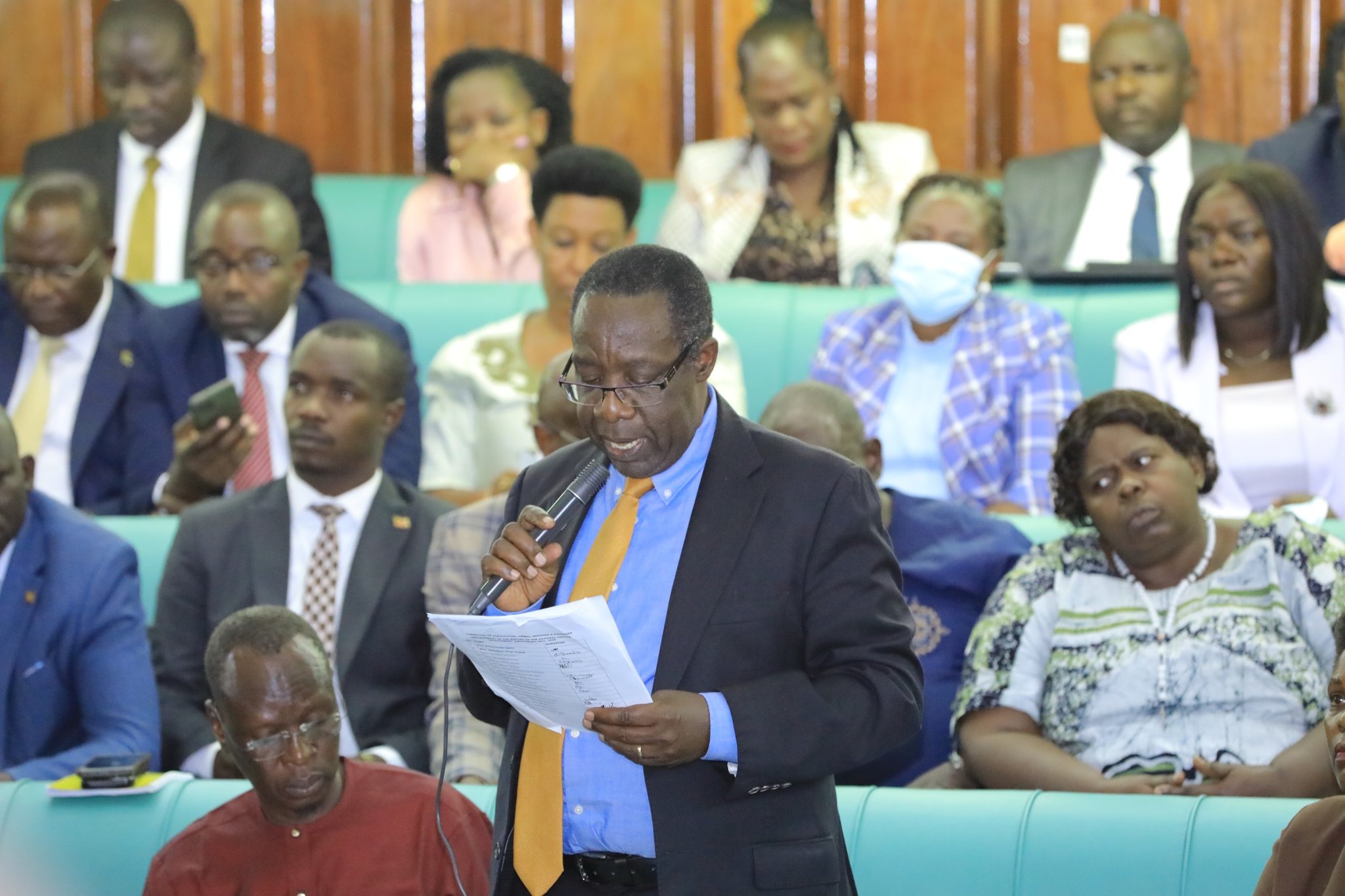Uganda’s Parliament has passed the National Coffee Amendment Bill 2024, setting the stage for sweeping changes in the country’s coffee industry as the bill now awaits President Museveni’s approval to become law.
Parliament has approved the National Coffee Amendment Bill 2024, aiming to reshape the coffee sector by transferring the Uganda Coffee Development Authority’s (UCDA) roles to the Ministry of Agriculture, Animal Industry, and Fisheries. This move is part of a larger government effort to streamline agencies and curb public spending, but it has drawn criticism and resistance, particularly from opposition leaders who argue the bill threatens the autonomy and efficiency of Uganda’s coffee industry.
The bill, awaiting President Yoweri Kaguta Museveni’s signature, could mark a pivotal change for Uganda’s coffee sector, which is Africa’s largest coffee exporter and second-largest producer. Proponents argue that shifting regulatory duties to the Ministry of Agriculture will enhance oversight, boost coffee quality, and empower local farmers by promoting value addition and sustainable practices. Increased production and expanded export markets are anticipated benefits, potentially boosting Uganda’s economic profile on the global coffee stage.

However, opposition members led by Joel Ssenyonyi have expressed serious concerns. Ssenyonyi, who boycotted the bill’s passage alongside other opposition MPs, warned that dissolving UCDA could lead to reduced autonomy and efficiency in coffee management, ultimately impacting farmers’ profits. “This bill’s passage represents a troubling disregard for the input of coffee sector stakeholders who have invested years in cultivating a thriving coffee industry,” he stated, emphasizing that the coffee sector’s longstanding independence could be compromised.
The proposed changes could introduce new operational costs, and critics warn that transferring the UCDA’s responsibilities may result in bureaucratic hurdles. Some farmers and industry players fear these adjustments could complicate their operations and reduce profit margins.

As Uganda’s coffee sector awaits the President’s decision, stakeholders are divided on whether the proposed reforms will bolster or hinder the industry’s growth. Should the bill become law, the Ministry of Agriculture faces the challenge of maintaining UCDA’s industry expertise while addressing the needs of Uganda’s coffee farmers, processors, and exporters in a way that fosters growth without compromising the sector’s established strengths.








